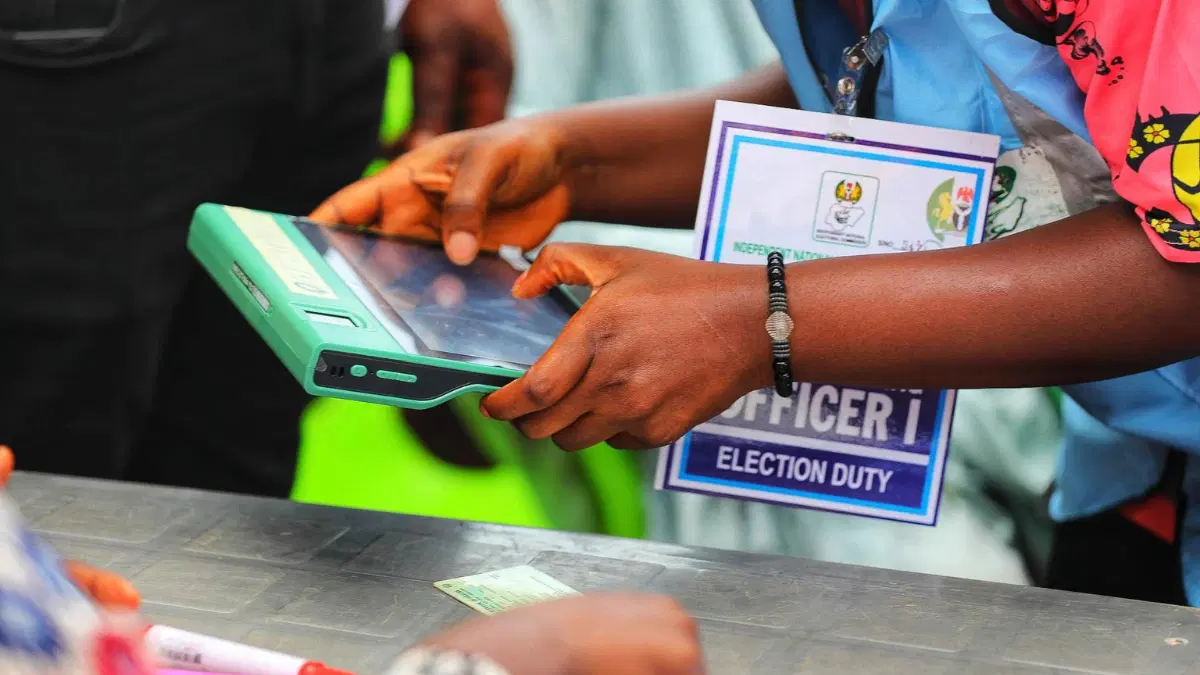
Displeased by the do-or-die election that brought him to power in 2007, late President Umaru Musa Yar’Adua vowed that future polls would be free, fair and credible.
To realise this, on August 28, 2007, he inaugurated an Electoral Reform Committee headed by former Chief Justice of Nigeria, CJN, Justice Mohammed Uwais.
In the committee were the likes of Prof. Bolaji Akinyemi, Hon. Justice Godwin U. Ononiba, Alhaji Musiliu A.K. Smith, Dr. Olisa Agbakoba, Dr. Sheikh Ahmed Lemu, Prof. Attahiru M. Jega, Prof. Grace A. Alele-Williams, Dr. Jibrin Ibrahim, Prof. Okon E. Uya, Gen. Oladayo Popoola, Barr. Festus Okoye, Msgr. Matthew Hassan Kukah, and Prof. Philip T. Ahire (secretary), among others.
In its 254-page report, the committee made recommendations to transform the economy so as to improve the welfare and well-being of Nigerians and thus restore their confidence in government and governance; including all major stakeholders in the electoral process; reduction of political parties to between two and seven as the relatively freest elections in Nigeria were those conducted under the two-party system between 1989 and 1993.
To strengthen the electoral umpire, it recommended among others: Constitutional amendments that would insulate INEC from the political influences of the executive arm of government in terms of its composition and funding: the power to appoint INEC board was to be transferred from the president to the National Judicial Council, NJC, while its funding was to be a first line charge on the Consolidated Revenue of the Federation.
No swearing in until the court determines the petition
It said Special Electoral Offences Commission should be set up to try electoral offenders; that no elected person should assume office until the case against him/her in the Tribunal or Court is disposed of; conducting presidential and gubernatorial elections on the same day at least six months before the expiration of the term of the current holders of the offices.
Similarly, an amendment of the Constitution to appoint a single date for National and State Assembly elections which should be held two years after the presidential and gubernatorial elections; the number of tribunals should be increased by reducing the number of judges that sit on a tribunal from five to three, so that more tribunals can be established per state.
As it is, the kernel of the recommendations is yet to be implemented 16 years later, and the country is still struggling with controversial and violent polls.
Disclaimer
Comments expressed here do not reflect the opinions of Vanguard newspapers or any employee thereof.